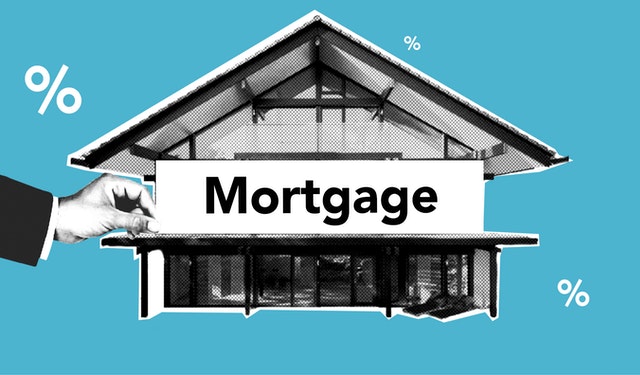Homes and Properties for Sale
All salespersons have dreams of glamour and money. They all want to be like the successful Broker who drives the Mercedes and opens their very own real estate office.
The primary salesperson makes between 55-70% in commissions. The salesperson must pay all of his expenses and still give the Broker a percentage. A salesperson or Agent must be a licensed real estate agent for two years before being a broker in most states.
It is to get as much experience in the real world and learn as much as possible, But after that time, they may open their own real estate office. Obtaining a broker’s license is pretty easy, and interested prospects can complete an online internet course and, after passing the course, go to a state office for the final exam. One company that offers such a course is Allied Real Estate Licensing School.
After passing the board exam, the license arrives in the mail. It is time now to look for an appropriate office to conduct business in. Always look for a suitable location that is priced right with access to drive-by traffic. The cheapest office in the worst area is a waste of money.
Opening a Real Estate Office
A short lease is better in the beginning until the business is booming. Then, purchase a suitable building sign going to the city for the license and set up a business plan to prepare to open an office.
Go to the auctions and buy the best furniture that the budget will allow and accessories like pictures and vases. The Broker’s office is the meeting place of many deals, so pay attention to this room. The next step is purchasing desks for the agents and setting up a phone system.
An intelligent broker in today’s times will charge the Agent for the phone. Then, the Broker sets up the basic installation, and the Agent is responsible for contacting the phone company and setting up their phone.
So now that the real estate office is ready, furniture, phones and signs must also be purchased. The following investment will be in computers and office equipment. Always buy good quality equipment as this will be used daily. There are a lot of high-quality secondhand PCs that may be utilized in the business.
Opening a Real Estate Office Makes Sense
Many brokers begin their business on their own and intend to hire agents along the way. Therefore, it is unnecessary to have agents on a roll when the office first opens. Instead, setting up a business plan, offering discounts to regular clients and hosting welcoming parties are much more critical in the beginning.
Let people know that the real estate office is open through local newspaper advertisements, holding an open house and posting high-quality signs.
Many brokers of independent offices offer discounts in commissions, and they ask for referrals in exchange. It is highly profitable in a world of many foreclosures and impending bankruptcies. Having experience in short sales and REO’s is desired.













